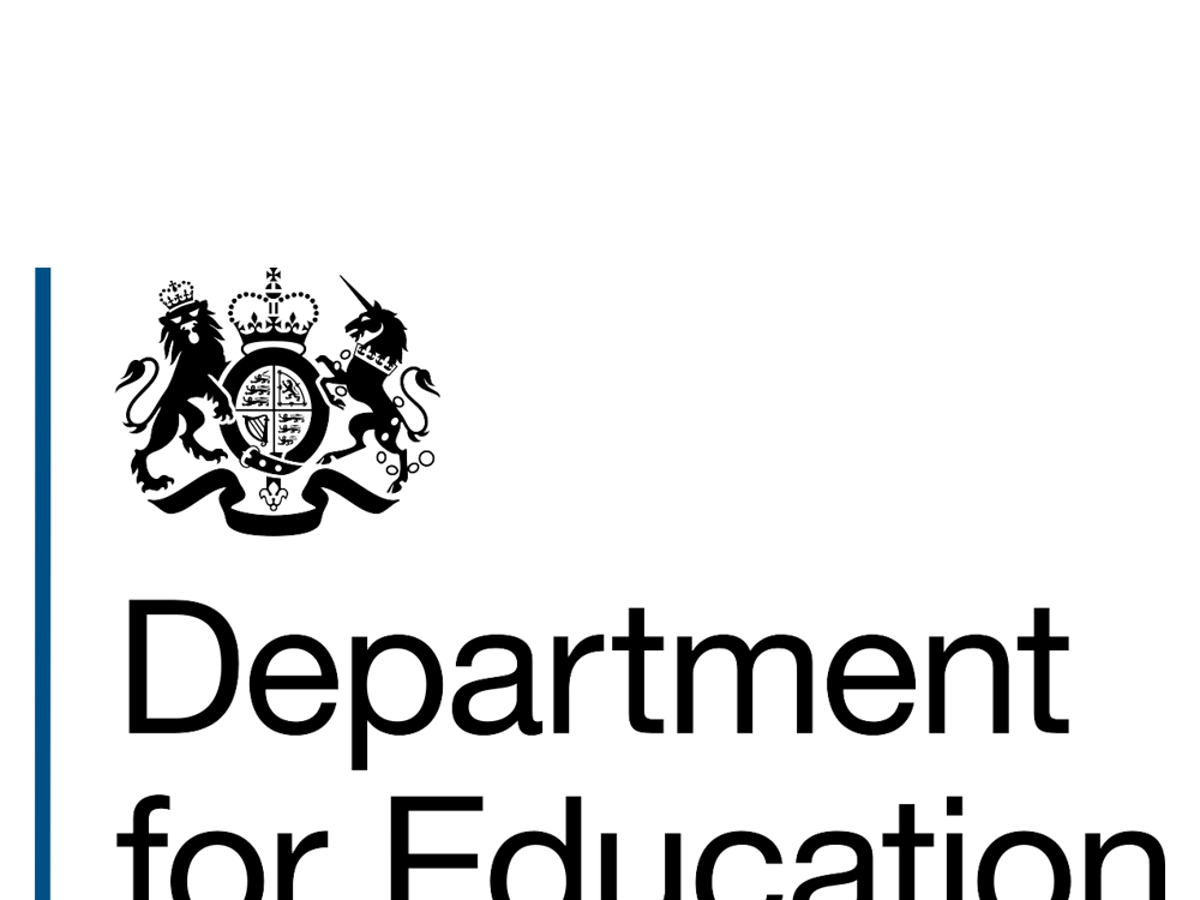Governance
NGA's position statement on governance

The governing board is responsible for the conduct of the school/trust and must do so in a way which promotes high standards of educational achievement. In particular, the governing board has four core functions to:
- ensure there is clarity of vision, ethos and strategic direction;
- hold the executive leaders to account for the educational performance of the organisation and its pupils; and the performance management of staff;
- oversee the financial performance of the organisation and makes sure its money is well spent and
- ensure the voices of school stakeholders are heard.
The governing board is the accountable body in schools and trusts. The level of responsibility is different depending on the type of education establishment. This is the case even within local authority maintained schools, where in community and voluntary controlled schools the governing board exercises employer responsibility, but the local authority is the actual employer of staff, whereas in foundation and voluntary aided schools the governing board is the direct employer of staff. All types of academies are charitable companies limited by guarantee and the academy trust is the responsible body.
The governor/trustees’ role is largely strategic and the headteacher/CEO has responsibility for the operational day to day management and oversight of the school or trust. The distinction between governance and management needs to be clearly understood by all parties to ensure an effective working partnership.
NGA has identified eight key elements of effective governance:
- the right people around the table
- understanding roles & responsibilities
- good chairing
- professional clerking
- good relationships based on trust
- knowing the school – the data, the staff, the parents, the children, the community
- commitment to asking challenging questions
- confident to have courageous conversations in the interests of the children and young people
Composition and conduct
Governors and trustees need to be clear about their role and the responsibilities that come with it – whether in a maintained school or an academy. School governance is a voluntary role, but having volunteered, those governing must accept the full responsibilities of the role and carry out their duties in a professional manner.
Although there is no legal constraint on the length of time a chair of of the governing board can serve, NGA’s view is that an element of regular reappraisal and renewal is beneficial to all schools, and that all chairs should normally expect to step down after a maximum of six years in post.
In line with good practice in the charity sector NGA thinks that governors/trustees should serve no more than two terms of office (eight years) in any one school or trust.
NGA does not think that it is good practice for any individual to serve on more than two governing boards at one time – unless there are exceptional circumstances (e.g. being requested to sit on an Interim Executive Board).
Those sitting on governing boards need to have the skills, knowledge and attitudes to govern well. Governing boards should adopt formal recruitment strategies, with a role and person specification, and interview prospective governors/trustees. Even where the position on the governing board is an elected one – the role and responsibilities need to be made clear.
NGA thinks that parents, of children at a school, bring an important perspective to governing boards and that they should remain a compulsory part of the composition of boards with two exceptions:
- In multi-academy trusts this could be at academy level rather than trust board level.
- In special schools and alternative provision there should be flexibility as to whether parents are a mandatory element of the composition of the board.
All governing boards should adopt a Code of Conduct which is rooted in the seven principles of public life. This should include clear strategies for dealing with conflicts of interest. NGA’s view is that conflicts of interest should be avoided, whether or not these are financial. If governors adopt open and transparent recruitment strategies then such conflicts should be identified earlier and more easily avoided. Some governing boards either fail to identify a conflict, or think that because it has been identified and registered it has been dealt with.
In NGA’s opinion the dual role of the headteacher/chief executive in presenting plans, giving advice and providing information to the governing board while at the same time being a member of the governing board creates an inherent conflict of interest. NGA does not think that the headteacher/chief executive should be a member of the governing board, but should be required to attend governing board meetings.
Payment for governors
NGA’s view is that governors and trustees sitting on normally constituted governing boards should not be paid. NGA does think that all members of Interim Executive Boards should be paid – this is a different role and requires more time and involvement.
NGA’s view is that chairing the board of state funded schools should remain a voluntary, un-paid role. This chimes with the view of our members, the vast majority of whom in recent (spring 2015) discussions were opposed to payment, although a minority were open to the possibility of small honoraria. Additionally, there is currently no evidence to suggest that payment of chairs would contribute significantly to the effectiveness of governing boards and payment would undoubtedly change the dynamic between other governors and the chair and the senior leadership team.
NGA supports further strengthening of arrangements to ensure proper payment of expenses and time off with pay agreed with all employers to support governors in their valuable work.
Training
NGA’s view is that if governors are going to carry out these serious and demanding responsibilities effectively, then they need to be trained. In keeping with other voluntary roles that carry important statutory responsibilities, school governance should properly be perceived as a professional undertaking. Therefore, NGA thinks that the government should commit to ensuring that those governing are equipped to operate effectively from the outset by making induction training mandatory for all new governors. This training need not be identical for all recruits, but as a minimum must ensure governors have a clear understanding of what governance is.
Governing boards should set an expectation that, throughout their term of office, governors must have regard to their own professional development. Governing boards should ensure that they have set aside a budget for their own development needs and source high quality development and training from a range of sources.











